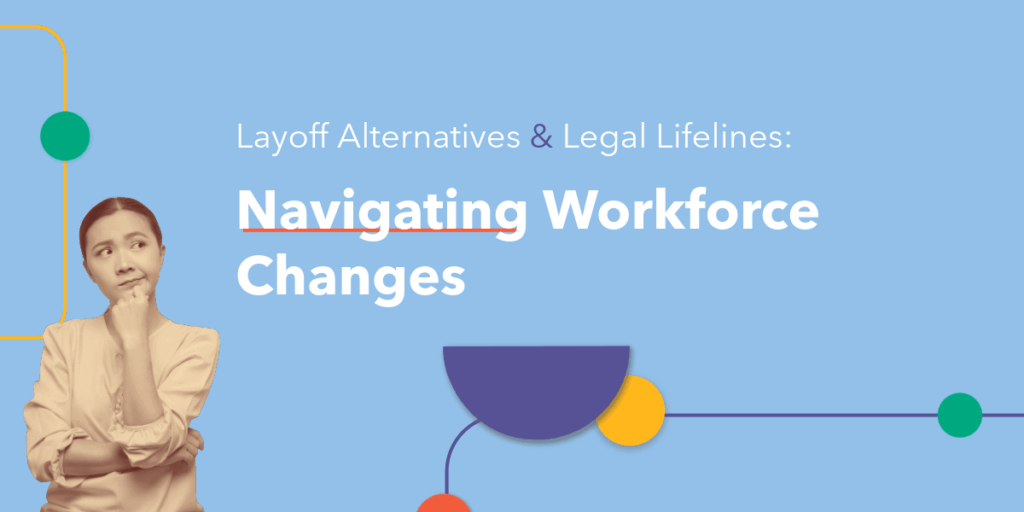At Business Sherpa Group (BSG), we are investigating the new labour market and how it impacts employers. We spoke with one of our HR professionals to understand what has changed and how small businesses can keep up.
The pandemic has changed a lot of attitudes about work. Typical norms around where we work, when we work, and how we work have been challenged like never before. While some of these new customs will change or leave us as we move past the pandemic, other traditions around the world of work have permanently changed. For now, one of these is that the labour market is more competitive than it has been in recent memory, and workers are starting to expect – and ask for – more from their managers.
At BSG, we started to notice these trends through our managed recruitment and human resources teams. More clients are coming to BSG with staff, some at the director level, resigning and giving minimal notice. Other organizations are growing and creating new positions, which are staying posted on job boards with few applications from qualified candidates.
We wanted to figure out why, so we ran a survey asking workers in different fields about their expectations around compensation in the current labour market. What we found was interesting, with the bulk of participants valuing flexibility over pay level. You can find all our findings in our Attracting & Retaining Talent article.
Insights from an Insider
To gain some firsthand insight into what is occurring in the current labour market, we spoke with Kelsey Ellis, a Human Resources Generalist at BSG. We asked her about attracting candidates, expectations around work location, and how to be more competitive to candidates who could be reviewing multiple offers.
Tips on Hiring & Retaining Talent
Industries across Canada are experiencing labour shortages and are having trouble attracting top talent. Have you noticed increased difficulties hiring in your work? What patterns are emerging?
Now more than before, candidates go through the length of the interview process but then decline the written offer when it gets to that stage. When probed about the reasoning, I’ve heard that candidates can get this far in the process with multiple companies, so they are able to compare the nitty gritty of the job offers and make a selective choice.
One example of this was from a candidate who said that the other company better suited his long-term career goals and professional development. This underlines the importance of discussing all aspects of the compensation package and the culture of growth and development throughout the interview process.
So besides pay grade, career development playing a role in the job selection process?
Although financial compensation is always a factor, we can see that job seekers are currently considering more than just the pay grade when comparing offers and deciding on where they fit in a company. Employees want to know how the organization will support and encourage their career development. People like to know that they have a trajectory and goals to work towards. Employers can support this by helping employees see where they could be in 2, 5 and 7 years, for example. Help them map out what they need to do to get there and how the organization can help.
The pandemic has changed a lot of the norms around work. Is there now a greater preference for remote jobs? How do organizations attract talent based on that preference?
It’s very interesting, I’ve really noticed a split. I’ve spoken to people who are eager to return to working in person and some who are looking for remote work exclusively. But in general, people are seeking the trust and autonomy to be flexible on where and when they work. As per our compensation survey, the option to make the decision where and when to work allows employees to consider not only their work week and what tasks are on their plate, but also what’s going on in their lives outside of work and this can be as important as financial compensation in some cases. Organizations can attract talent by prioritizing flexibility and focusing on deliverables in performance, rather than when and where a person is sitting at a desk.
What can managers do to improve their offers in a competitive field? How does it relate to what job seekers are looking for?
Less is more! Keeping the application process simple, clear, and efficient is a must, especially given the scarcity of the current talent market. Highlighting perks to the job such as flexibility and professional development early in the process can give the offer more edge. Job seekers are in the driver’s seat at the moment, so they are looking for the offer that makes the most sense to them, their home life, and their career goals. Really listening throughout the interview process to be able to customize the offer to suit the individual, as much as makes sense, can also make for a more competitive offer.
Conclusion
It is the broad belief that some aspects of the labour market have changed forever, whereas others are temporary solutions. One thing is certain: there are less skilled workers than there are jobs available, and that will make hiring more difficult. To tackle that issue, employers will have to do more than offer higher wages. Job seekers want flexibility in where they work, and they want to work towards their long-term career objectives. They are goal oriented and searching for a place that reflects this. As a recruiter, you should address this, and help new hires find their place in the long-term direction of your company. If you want help designing your offers to be more competitive, we can get you there.










